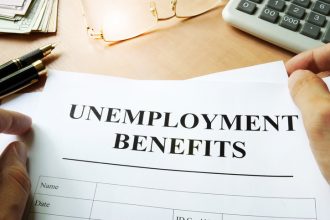The Illinois General Assembly has passed an amendment to a bill which, if made law, will apply a progressive rate structure to a gross receipts tax on sports wagering.
The new Illinois gross sports wagering receipts tax will have a graduated rate structure, with a minimum rate of 20% for businesses with sports wagering receipts between $30 million and $50 million and a maximum rate of 40% for businesses with receipts in excess of $200 million.
Illinois is setting a precedent with its new structure, positioning itself as a model for other states considering the legalization and taxation route for sports betting. By implementing a tiered tax system, the state will inject a degree of progressivity into the regime. The goal is to maximize state revenue from a rapidly growing industry—while hopefully not snuffing it out.
Other states have enacted higher rates, topping out in New York with a 51% tax on gross gaming revenues, but the graduated rate structure is somewhat novel. This approach allows Illinois to balance the need for significant tax revenue, amid state revenue shortfalls, with maintaining a competitive sports betting market. As states observe the Illinois model, it may become a template for other states seeking a similar path.
Other states have already been eyeing increasing their rates — for example, a New Jersey lawmaker proposed a bill that would increase the Garden State’s 15% online wagering and 13% online sports betting taxes to a uniform 30%.
Allocating Gambling Tax Revenue
More generally, vice taxes such as those on sports betting, gambling, tobacco, and alcohol are key policy tools in the arsenal of states facing revenue deficits. However, taxes levied on activities that have externalized social costs carry with them the obligation of allocating tax revenue to properly offset those social costs.
In the case of gambling and sports betting, it is imperative that tax revenue be properly spent on public health initiatives, addiction treatment programs, and educational programs that offset the negative externalities associated with more permissive wagering.
In Illinois, the introduction of a progressive tax structure on sports wagering is a model step towards balancing growth and regulation—and if the revenue generated is allocated effectively, Illinois can serve as a comprehensive model for other states.
As states consider adopting similar legalize-and-tax frameworks, the focus must not only be on the revenue potential, but also on the larger social impact.
Read the full article here
















